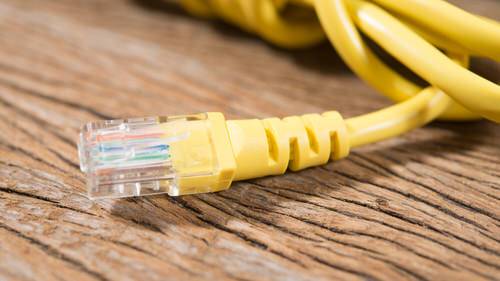
Net neutrality—the principle that Internet service providers should treat all data on their networks equally—is not dead yet. And the Federal Communications Commission says it will do just about everything in its power to enforce an open Internet.
In an announcement today, the FCC said that it will not appeal its court loss to Verizon earlier this year that repealed its ability to regulate Internet service providers on the topic of net neutrality. Instead, the FCC will attempt to create new rules aimed at preventing Internet providers like Comcast and Verizon from charging companies and consumers extra money for access to fast broadband over their pipes.
See also: Net Neutrality: What Happens Now That Verizon Has Vanquished The FCC
The FCC today announced a new docket for proposed rulemaking called “Protecting and Promoting the Open Internet.” It is seeking public comment on the matter and predicts that it will have new rules written on the topic of net neutrality by late spring or early summer.
The FCC also said that it will try to curb what it calls “improper blocking” of content services flowing over ISPs’ pipes, such as slowing the rate of streaming services from companies like Netflix or Google while granting their own services, or services from favored business partners, unfettered speed.
The DC Circuit recognized the importance of the Open Internet Order’s ban on blocking Internet traffic, but ruled that the Commission had not provided sufficient legal rationale for its existence. We will carefully consider how, consistent with the court opinion, we can ensure that edge providers are not unfairly blocked, explicitly or implicitly,from reaching consumers, as well as ensuring that consumers can continue to access any lawful content and services they choose.
Essentially, the FCC is going to rewrite its net neutrality rules and hope to enforce the agreements that it already has in place with providers like Comcast. The cable company agreed, in principal, to uphold the FCC’s Open Internet Order that guides net neutrality as part of its acquisition of NBCUniversal.
The problem with that approach: The primary reason the FCC’s ability to regulate net neutrality was shot down by the DC Circuit appeals court was in how the Commission classifies broadband providers like Time Warner Cable, AT&T, and Comcast. The FCC does not classify these companies as public utilities (like water or power companies) but more as content and media companies.
Activist groups and Democratic members of Congress have asked the FCC to reclassify the Internet providers in a way that would make them subject to more government regulation and oversight, but it has not yet done so, which strikes us as puzzling, given that a court has shot down its ability to regulate these companies as things stand.
Will the FCC’s new rules make a difference in net neutrality, or is the Commission just attempting to assert its relevance on a topic that it believes it should have the power to enforce?
Top image courtesy of Shutterstock

















